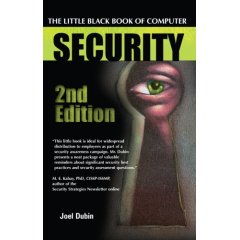Cyberspies from China, Russia and other countries have penetrated the American electrical grid, leaving behind tools that could potentially disrupt the electrical system, according to
The Wall Street Journal.
While foreign hackers lurking around in US cybersystems isn't news, the extent of the supposed intrusions into our vital infrastructure hasn't been reported before. Intelligence officials quoted in the story expressed concern about the possibility of these dormant tools being turned on in the event of a war or other hostile situation.
The White House, in response, said it took cybersecurity seriously, citing its ongoing security review of the federal cyberinfrastructure, but it wasn't aware of any disruptions.
The Pentagon is also in the act, having spent US$100 million over the last six months for cyberdefenses.
An interesting suggestion came from
Alan Paller, research director at SANS. Paller called for beefing up the North American Electric Reliability Corporation (NERC), which currently sets standards for grid operators, into a cybersecurity regulatory body.
In unrelated cybersecurity news,
Paul McCartney's web site was hacked with links to spew malware at visitors.



